COMMENT: Forsaken on Highway 16
Wally Oppal’s long awaited report commissioned in the wake of the conviction of serial killer Robert Pickton holds a surprise. Something had gone tragically wrong with law enforcement. How else could one individual have murdered dozens of women in one location over more than a decade without being caught?
That Oppal’s report would focus on law enforcement failures was to be expected. What surprised me was the extent to which Oppal wrote about the social and economic reality that is the milieu from which the victims hailed and the extent to which that reality contributed to their disappearance from public consciousness.
The report’s short-title, Forsaken, and its first volume point to the harshness of the victims’ lives, our society’s attitudes and priorities, as being the central issues. Forsaken — abandoned — applies as much to the many women who disappeared along Highway 16 as it does to the women who disappeared from Vancouver’s Downtown Eastside. Is there a Highway 16 Pickton? That is the wrong question. The question we must examine in the wake of Oppal’s report is this: why have we forsaken, and continue to forsake a segment of our society?
The label “Highway of Tears” used in reference to the disappearances of women along Highway 16 is a distraction. We shed tears for the women lost and we share in the despair of their families. Our hearts go out to “them”. We can afford to pity their lot as it is not ours. We are not the forsaken ones. What Oppal is telling us is that we are the ones who commit the forsaking. No amount of tears we may shed for “them” will change our society’s attitude toward “them”.
If we want to make sure that it never happens again, as we are fond of proclaiming whenever horrible acts are committed in our midst, we have to put an end to our forsaking of human beings in our midst. The problem does not lie with the victims of crime and our law enforcement agencies, it lies with us. The victims of such crimes and their families are the forsaken ones; they did not forsake themselves.
We forsake people when we pursue a politic of adulating the global market as our Golden Calf, venerating corporate power and idolizing profit. Treating people as servants of the global market leads to forsaking them on social and racial grounds. The moniker should be “Highway of Hypocrisy” to remind us of the forsaking done by our society.
The conditions that lead to people being forsaken are man-made. Poverty and discrimination are not natural in the way that being tall, short, blond or bald is natural.
This does not mean that adult individuals bear no responsibility for their own lives and that of their children. What I am suggesting is that the responsibility for the forming and conditioning of an adult person rests on society more so than it does on the individual. Poverty, neglect, and abuse are conditions with a perpetual and distinct attribute. Those who manage to escape from such dehumanizing conditions, to break away from the vicious circles into which they were born are the exception, not the rule.
Oppal’s critique of law enforcement agencies is valid, and I expect that they will review their procedures and protocols. Our responsibility, our duty and our obligation as citizens in the wake of Oppal’s report is not to shed a tear for the victims and their families and point a finger at the police. Our challenge is to reflect on our politics and to reset our social, educational, and economic priorities.
Are we up to it?
Andre Carrel is a fomer Rossland city administrator.

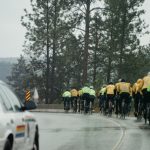
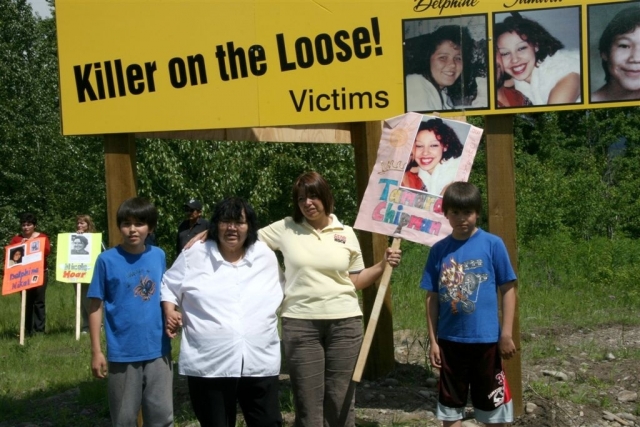
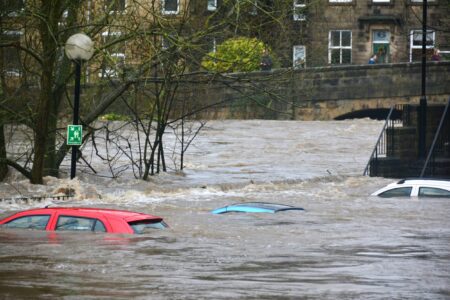
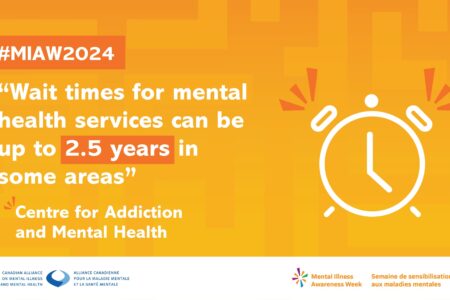

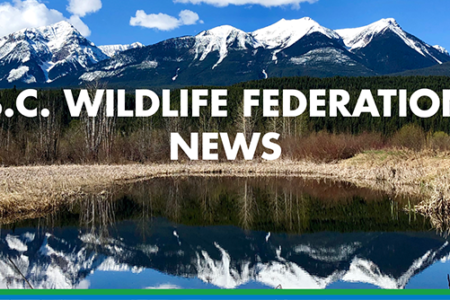

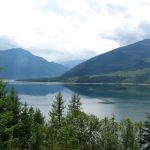

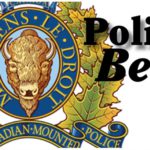








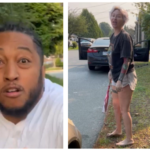
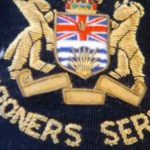




Comments